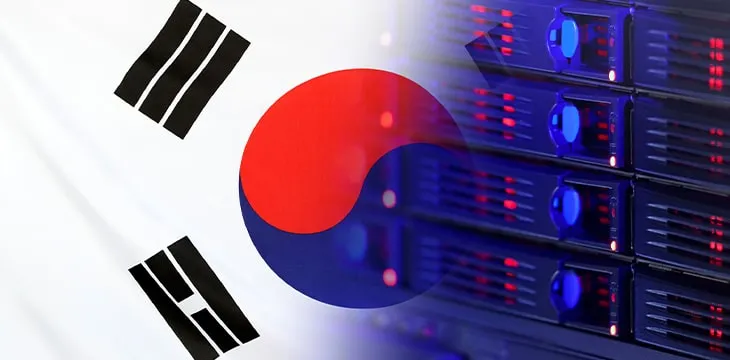|
Getting your Trinity Audio player ready...
|
A new wave of digital assets exchanges is about to hit the South Korean market as several traditional finance firms set up talks with regulators to get the necessary licenses to establish digital asset exchanges that will start operating in the first half of 2023.
According to a report from local media outlet NewsPim, the initiative will be spearheaded by the Korea Financial Investment Association (KOFIA). The self-regulatory body seeks to create business models and independent virtual assets for registered businesses under its supervision as mandated by the Financial Investment Services and Capital Markets Act.
A total of seven firms will take part in the initiative, but only Mirae Assets Securities, South Korea’s largest investment bank and stock brokerage, and Samsung Securities have so far been confirmed.
“Currently, discussions necessary for the establishment are being finalized,” an official from one of the firms stated.
Mirae Assets Securities is working on the scheme through its subsidiary, Mirae Asset Consulting. The firm plans to handle various digital assets on its exchange, including BTC, Ethereum, and Non-fungible tokens or NFTs.
Meanwhile, Samsung Securities, a subsidiary of Samsung Future Inc, is looking to enter the blockchain-based and smart contracts-enabled security token business. The company is said to have halted its plans in this direction at the end of last year after failing to find suitable manpower to take charge of the security token trading platform’s development and operation.
South Korea’s upcoming digital assets regulations to make the initiative possible
The launch of the digital asset exchanges is expected to be made possible by the Financial Services Commission’s (FSC) planned enactment of the “Virtual Currency (Cryptocurrency) Business Rights Act”—a bill that has long been requested by KOFIA—as part of the Digital Assets Basic Act (DABA).
The Act will allow digital assets to be regulated under one framework and divided into security-type and non-security-type tokens. It will also clarify whether domestic virtual assets are securities.
Notably, the DABA bill has received massive support from President Yoon Suk-yeol, who took the presidential seat in May. In keeping with his campaign promises to ease digital assets regulations in South Korea, the leader stated that the government will not tax the industry until proper regulations are in place, which is expected to happen in 2025.
The interest in digital assets by the finance big guns indicates growing confidence in the president’s resolve. Although players like Samsung are not new to blockchain technology, it has previously partnered with the government to work on the country’s central bank digital currency.
Watch: Jeffrey Baek: Real business utility from real demand

 07-15-2025
07-15-2025 





